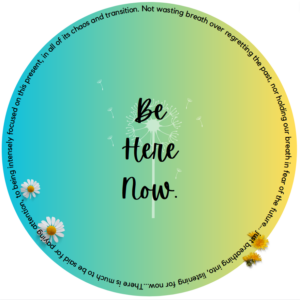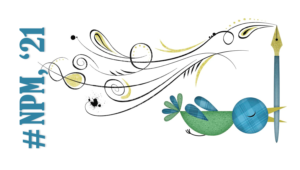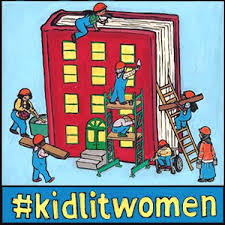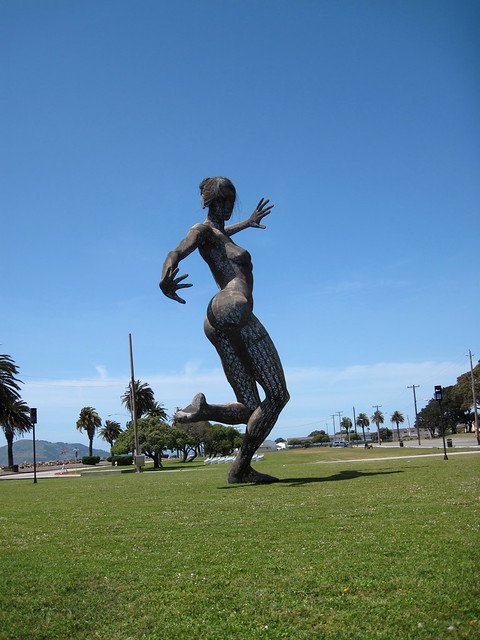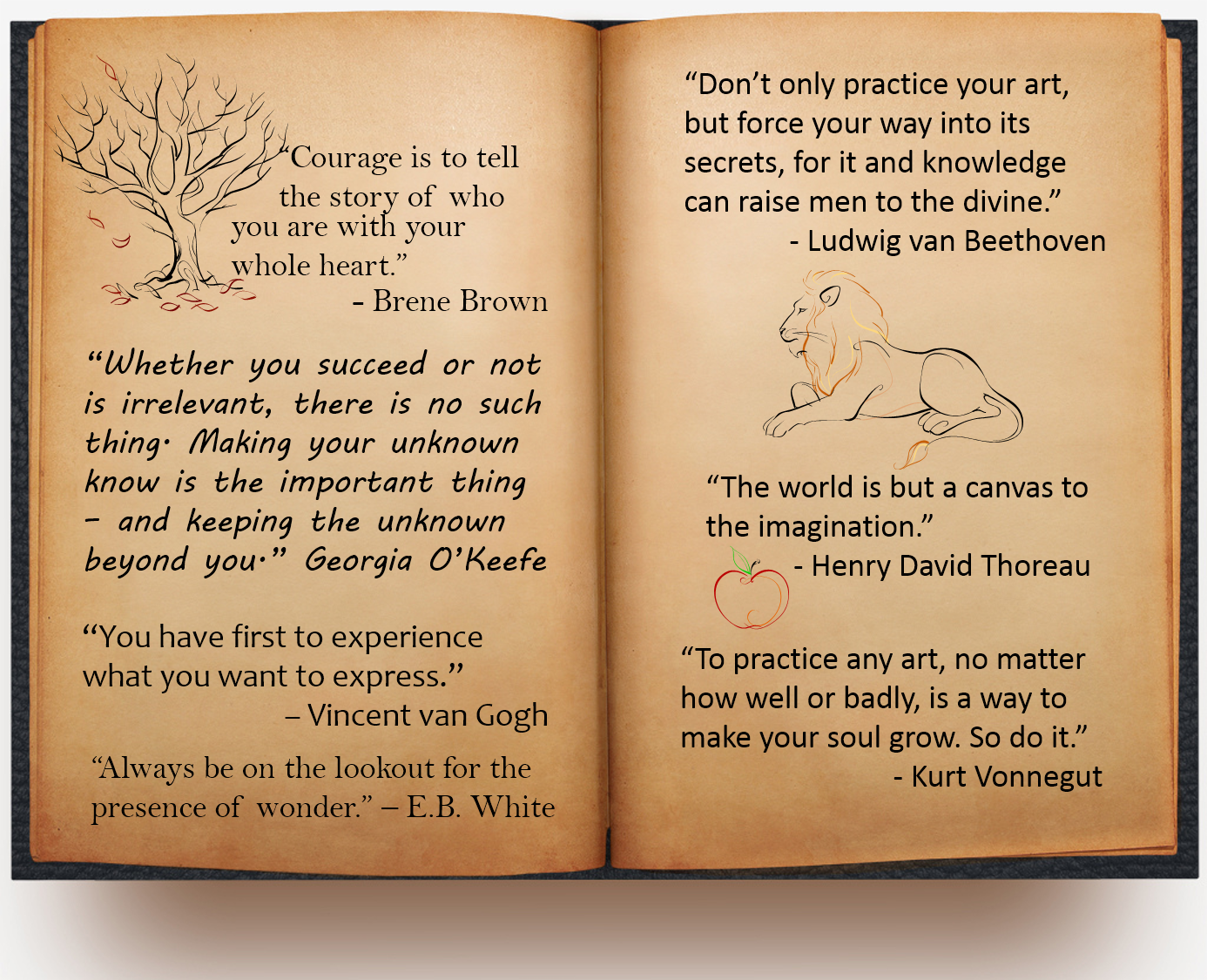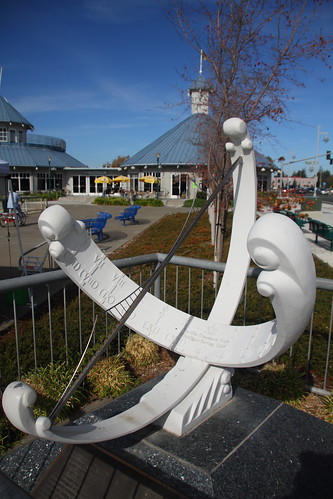We do not grow absolutely, chronologically. We grow sometimes in one dimension, and not in another; unevenly. We grow partially. We are relative. We are mature in one realm, childish in another. The past, present, and future mingle and pull us backward, forward, or fix us in the present. We are made up of layers, cells, constellations.
~ Anais Nin
So ends the merry, merry month of May, which brought to my circle, weather extremes, dishwashers blowing up, Achilles’s tendon surgery, mental health break, court dates, new, difficult medications, sudden sibling deaths, broken-into cars, suicide, lost jobs, lost illustrators, and plenty of book rejections, as always. May presented my larger circle the writer’s strike, persistent book censorship, a disappointing buy-in on the part of the industry (especially side-eying you, Scholastic) who want to appear in virtuous support of diversity and inclusivity, but who in truth bow to the loudest shareholder monies, and corporations moving hesitantly towards ethical behavior without ever embracing or wholeheartedly championing it. And further out from that, nationally, globally, May has continued to reveal to us ugly social divisions, war and its proxies, the high incidences of violence globally against immigrants, violence against trans persons, Asian, and Black communities in the US that goes on, and on, and on, a rising shriek in our collective ears. I’m thinking we’ve somehow cosmically agreed to delay the “merry” from this month until another day.
And yet, May has also been what it always is, a season of growth, a season of renewal, and a season of change. Yesterday I found the first morning glory blossom, peeking shyly from beneath a broad leaf. The hollyhocks are hip high and the dahlias buds grow fatter every day. The chard and lettuce are tiny, tender shoots, the walking onions stand tall in lines, and all the hard squashes and watermelon have more than six leaves. The last of the corn goes in this week, and the potatoes, ahead of a fall harvest. And there are tomato flowers.
In this grim place, there is still life affirmed. Even in an endless night, there are stars.
This month of shifting tides finds me once again reevaluating issues of religion/faith/denomination, re-examining my abilities to write, and contemplating my reasons for publishing. It is, in many ways, something I used to do more nebulously, a sort of anxious, “should I be quiet now? Do I any longer have anything to say?” angst that rattled in my mental background, but I feel it adds value to be deliberate in these thoughts, to let them come and be spoken aloud, instead of merely haunting me from shadowed corners. Who am I? What is my role? Why should I take up space? Each round of this kind of thinking moves me… some direction.
How about you? What questions are you asking, as the seasons blend and flowers move towards fruiting?
We learn things, through these revelatory moments in our lives. Trees age in circles, tides push us out, and draw us in again, moment by moment, step by step, always moving somewhere both familiar and new. I feel like I am moving both closer to my real self, and further out to sea. My closest relationships are becoming more genuine, and the ones which are …less, are fading. The refining continues to cycle things closer to the heart of the flame, and move what is mere dross further away. The Byrds echoed Ecclesiastes, “to everything there is a season.” All things will be revealed – finished and refined – in due time. So much of life and art is about our process, about waiting and being. About, in the wise words of the late Robin Smith, being here NOW. The seeds have been planted, the water is in place, and from this moment on, it’s about being present to take in each new unfolding, each new direction, each reset and rekindling of our purpose.
This is, admittedly, not my favorite part. I hate these treading water bits of life, this sense of standing in a boat while it’s being sloshed from stem to stern, while the tide is drawing in or running out, and we’re just trying to keep our balance. And yet – it’s been a month of unpacking some things, in between bouts of flailing about and wondering if I’m doing anything right at all. I sense an answer may be just around the corner…
…but, until then, we wait. We listen.
Here. Ready, though hesitant. Willing, though uneasy. Open to the next move.
